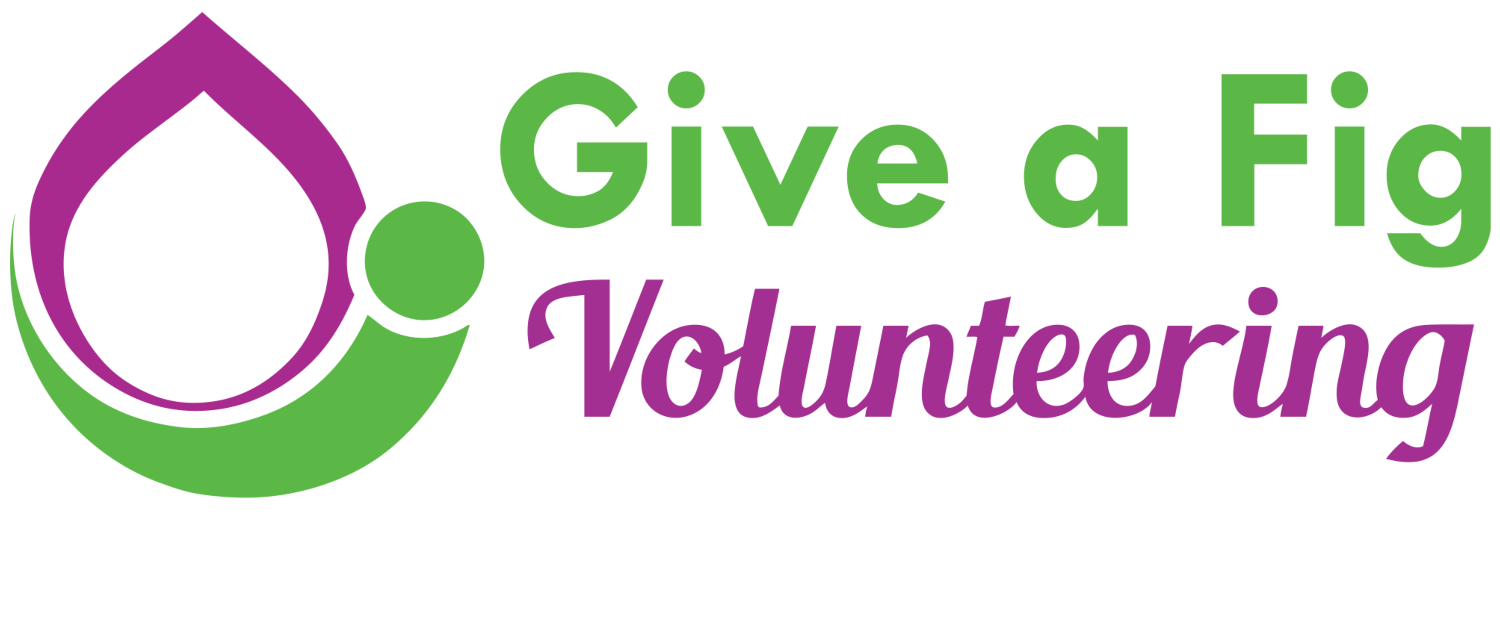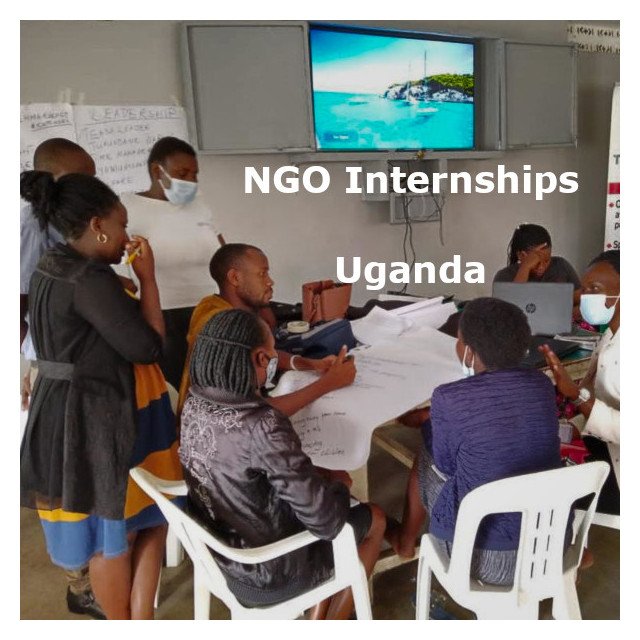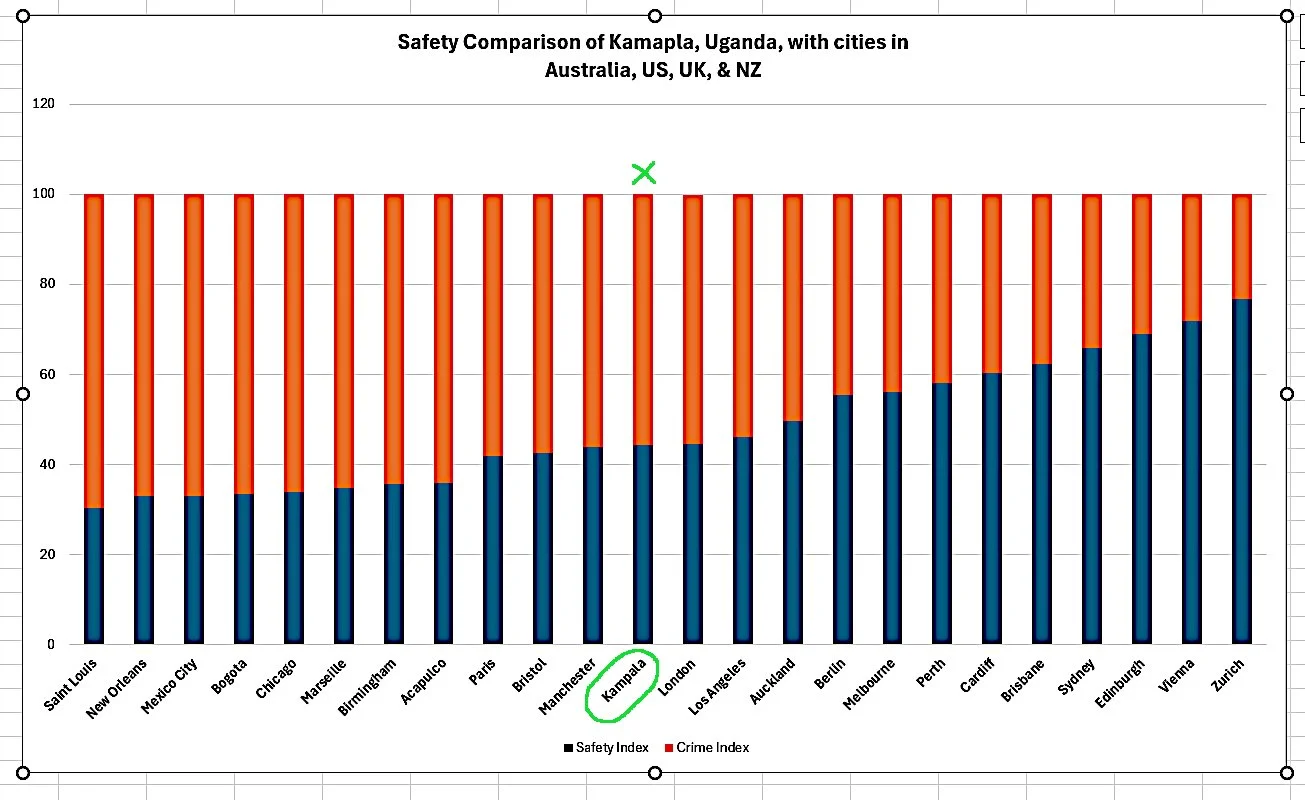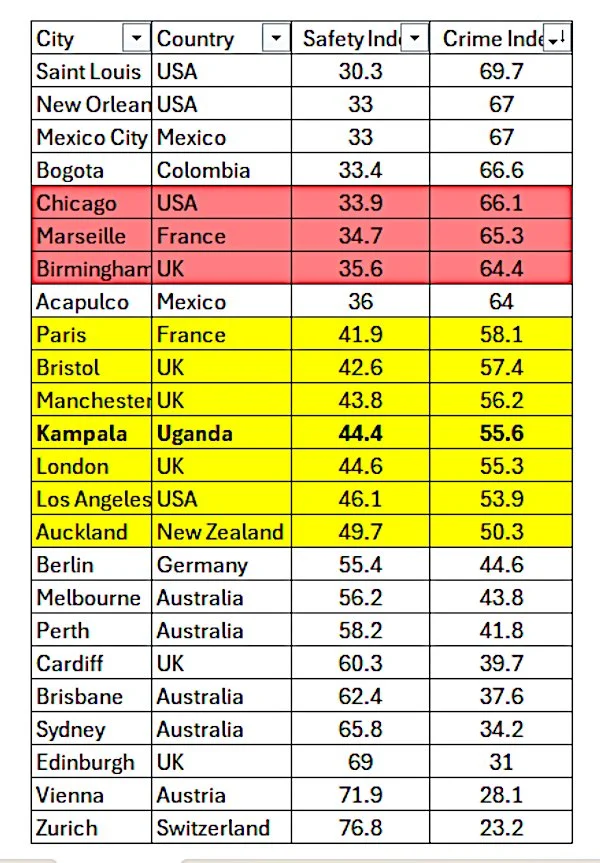
Volunteer in Uganda multi-agency mental health programs
volunteer in Uganda on our internships, teaching and health placements
Find out about safety in Uganda. Kampala, its capital, is safer than Paris, UK’s Bristol, UK’s Manchester, and as safe as London.

join the success of our partner organisation in Uganda
Volunteer in Uganda with the organisation that is at the forefront of supporting community mental health. Since their collaboration was instituted in 2006, our partners in Uganda have:
created strong partnerships with 10 local and international organisations, including Give A Fig Volunteering, which have made the achievement of their goals (initially to reduce the rates of suicide amongst young people in Uganda) possible
saved over 430 people from suicide through timely crisis intervention
created safe spaces where 200 suicide survivors’ meet monthly to support one another
supported over 1,000 people in the community living with mental illness; actively supporting 123 in 2022
since 2018 we have organised annual suicide prevention awareness walks (2018, 2019, 2022), which have been attended by over 7000 people
started and support mental health clubs in 6 universities and institutions of higher learning. Over 5,000 students have received mental health training, and some have had addiction support
initiated and support mental health clubs in 6 schools
trained 165 health workers on trauma-informed approaches to mental health support
broadcast over 35 TV and 50 radio programs informing communities about our work, and support for their communities
Have teams that work in the community year round raising awareness of the support for families living with family members with mental illness
Volunteer in Uganda on fully supported multi-agency projects
Volunteer in Uganda with our partner organisation, which leads and coordinates 12 other agencies including NGOs, universities, hospitals, mental health rehabilitation centres, and clinics that have joined together to meet the needs of their community.
Origins of their work in Mbara
Their work began in 2006 when 2 community organisations aligned with the vision to address the high youth suicide rate in Mbara (a city now of 85,000), and its environs, where they lived. By the onset of Covid (2020) they had seen suicide rates amongst their target group reduced by 85% on the rates of 2016, including amongst those sent home from hospital who had attempted suicide, and without government services to support them.
Their success in changing community attitudes towards mental health, and advertising of the support they have made available, has been recognised by the health authorities, and international bodies. Thus, they have become Mbara’s de facto outpatient and community mental health provision.
The Integrated Services Team
The integrated services teams consists of Drs, nurses, psychiatrists, psychologists, social workers, counsellors, youth workers, through which they provide a wide range of support, including training, self-help guidance, family guidance, medicine delivery and monitoring for out-patient and family support. Perhaps most importantly, they provide clear and public recognition of mental health problems, and the support available in a society where the topic has been a taboo - more so than in than in the UK.
This project provides an incredible opportunity for a range of professionals, managers, and undergraduates to join in the work in Uganda, joining this successful inter-disciplinary and inter-agency project.

Uganda Country Info
Aptly known as the "Pearl of Africa", the country is experiencing a surge in tourism, driven by its awe-inspiring national parks and abundant wildlife, which you can visit when you volunteer in Uganda. Iconic attractions like the 'climbing lions' of Queen Elizabeth National Park, as well as the habitats of the mountain gorillas in the Bwindi Impenetrable Forest, and Mgahinga Gorilla National Park, underscore Uganda's conservation triumphs.
Extinct in Uganda since the 1980s, there have been ongoing endeavors to revive the wild population of White Rhino since 2000. These magnificent creatures are thriving under 24-hour armed guard, and it is hoped that they will be able to leave the private park and join the Elephant, leopard, lions, and buffalo to complete the wild roaming Big 5 complete.
Over 56 diverse ethnic groups, including the Baganda, Banyankole, Bakiga, Basoga, and Pygmy people, across whose lands the mountain gorillas can at times be seen walking.
Uganda's path to democracy and stability has been marked by substantial advances, creating a welcoming destination for volunteers and tourists. Your involvement as a volunteer in Uganda therefore not only aligns with project goals, but also uplifts local livelihoods, brings in other views and contributes to the nation's growth.
Uganda FAQs
Visas: when volunteering for 90 days or less, people can volunteer on an e-Tourist Visa. Over 90 days, then GAFV with our partner organisation send the supporting documentation to you to obtain a Work Visa.
Electives: Those wishing to carry out medical, Dental, Nursing electives must provide evidence of enrolment on the relevant courses.
Licenced Practice: Those wishing to practice as drs. Nurses, midwives, and dentists in Uganda may do so under local licence, which we arrange for you. Of the countries we place healthcare professionals in, Uganda has the simplest licencing process.
References: are required for internships, and healthcare placements, written on headed paper, and sent to us from the work’s email address of the referee.
Police Clearance Checks: All people on our programmes must provide a criminal record check / certificate of good conduct from the country that issues your passport, and any country you have been residing in for over 12 months in the year prior to joining us.
Airport transfer: A day and time will be given to volunteers when they will be met on arrival, for transfer from Kamapala to the south-west where you placement will be. It is advisable to arrive at least a day before the arranged pick-up time.
Orientation: you will receive an orientation program before beginning your placements, after arrival at your base in Uganda, and before your programme begins.
Program timetable: You may work for 4 or 5 days a week, giving you weekends off to experience the history, culture, and sights of Uganda.
Accommodation: You will stay at a homestay, on full board 7/7
Drinking water: filtered water is provided at the designated accommodation; bottled water is available to buy outside.
You are advised not to drink the tap water.
You may wish to bring with you either, (a) water purification tablets, or (b) a portable water filtering system
Vaccinations and Health: please check your government advisories. Some advisories may be found here at our Global-info page under Government│Other Travel Advisories.
Yellow Fever: You will need to ensure you have a yellow fever vaccination (inoculated at least 10 days before arrival in Uganda) and certificate proving that to be allowed to enter Uganda
Mosquitos: you are advised to bring a portable mosquito net, insect repellent, and other measures as indicated by your government’s travel advisories
Is Uganda safe to travel to?
Let the numbers speak for themselves
1. The mapped information (below) is from the UK’s FCO travel advisory Regional risks - Uganda travel advice - GOV.UK
Red areas are those the FCO advises not to travel to:
north, the border with South Sudan, due to problems within that country.
west, due to the overspill of problems from the DRC.
north-east and east, due to cattle raiding.
Yellow areas: tourists are accompanied by the Ugandan military, and both places are home to Uganda’s gorillas
Green area: this is where our projects are located in Uganda’s 2nd largest city, Mbarara, popn. <100k
2. The table, and its graph below, shows a safety comparison between Western cities and Kampala, with Kampala sitting in the middle.















